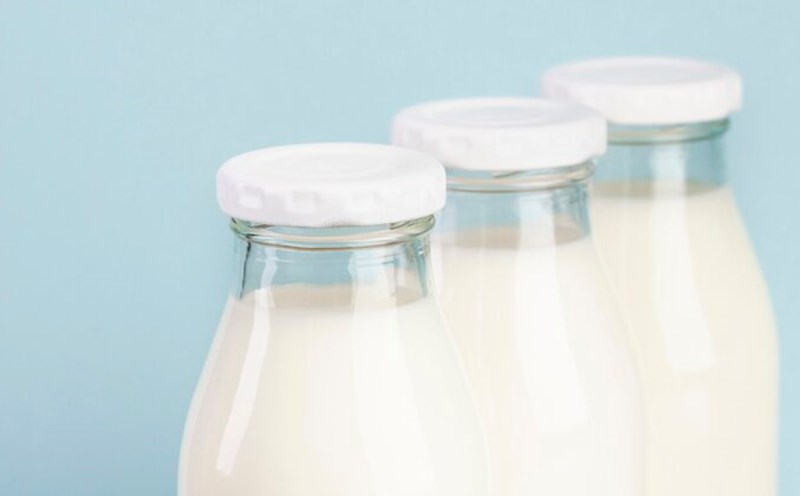Does milk really retain water better than filtered water?
Water has long been an obvious choice for rehydration. However, a study published in the American Journal of Clinical Nutrition introduced the Drink hydration index (BHI), showing that whole milk and skim milk retain water better than filtered water.
According to Kristin Gustahaw, RDN, LDN, senior clinical nutritionist at rush University Medical Center (USA): Milk can support hydration thanks to its electrolyte and macronutrient content, but I have not confirmed that it is better than filtered water for daily needs.
Milk contains potassium, sodium and protein, which help the body retain liquid for longer. However, the data is still limited and experts believe that filtered water is still the foundation of hydration regimes.
Milk, choosing recovery after exercise
A study funded by the National Dairy Council of Ireland found that low-fat milk rehydrates athletes more effectively than water or sports drinks. In addition to liquid, milk also supports muscle protein synthesis and provides essential micronutrients.
Amy Reed, MS, RD, CSP, LD, nutritionist in Cincinnati, Ohio, and spokesperson for the Institute of Nutrition and Dietetics (USA), said: After exercise, the body loses water, electrolytes and glycogen. cow's milk, with an ideal carbohydrate-protein ratio, is an effective recovery choice, especially after high-intensity exercises.
This is the reason why many athletes choose chocolate milk after running long distances. However, Reed emphasized: For daily water needs, plain water is still the best choice.
When should you choose milk, when should you choose water?
Each person's water needs depend on age, exercise level and weather. Gustashaw recommends that at least half of your daily fluid intake should come from water, the rest should come from other foods and drinks like milk, low-sugar fruit juice.
Despite its clear benefits, milk still contains calories and natural sugars. Even skim milk has about 90 calories per cup. Nutritional guidelines recommend that adults consume about 3 glasses of milk per day to provide calcium, vitamin D and protein.
Brendon P. McDermott, PhD, ATC, FACSM, Director of the heat and Hydration Optimization laboratory (H2O) at the University of Arkansas (USA), emphasized the importance of continuous hydration: Dont drink in excess at once, but divide the amount of fluid throughout the day. Both the water and milk are helpful when used at the right time.
He recommends monitoring signs of dehydration such as severe thirst, dry mouth, dark urine; if urine is clear or pale, the body may be hydrated.











